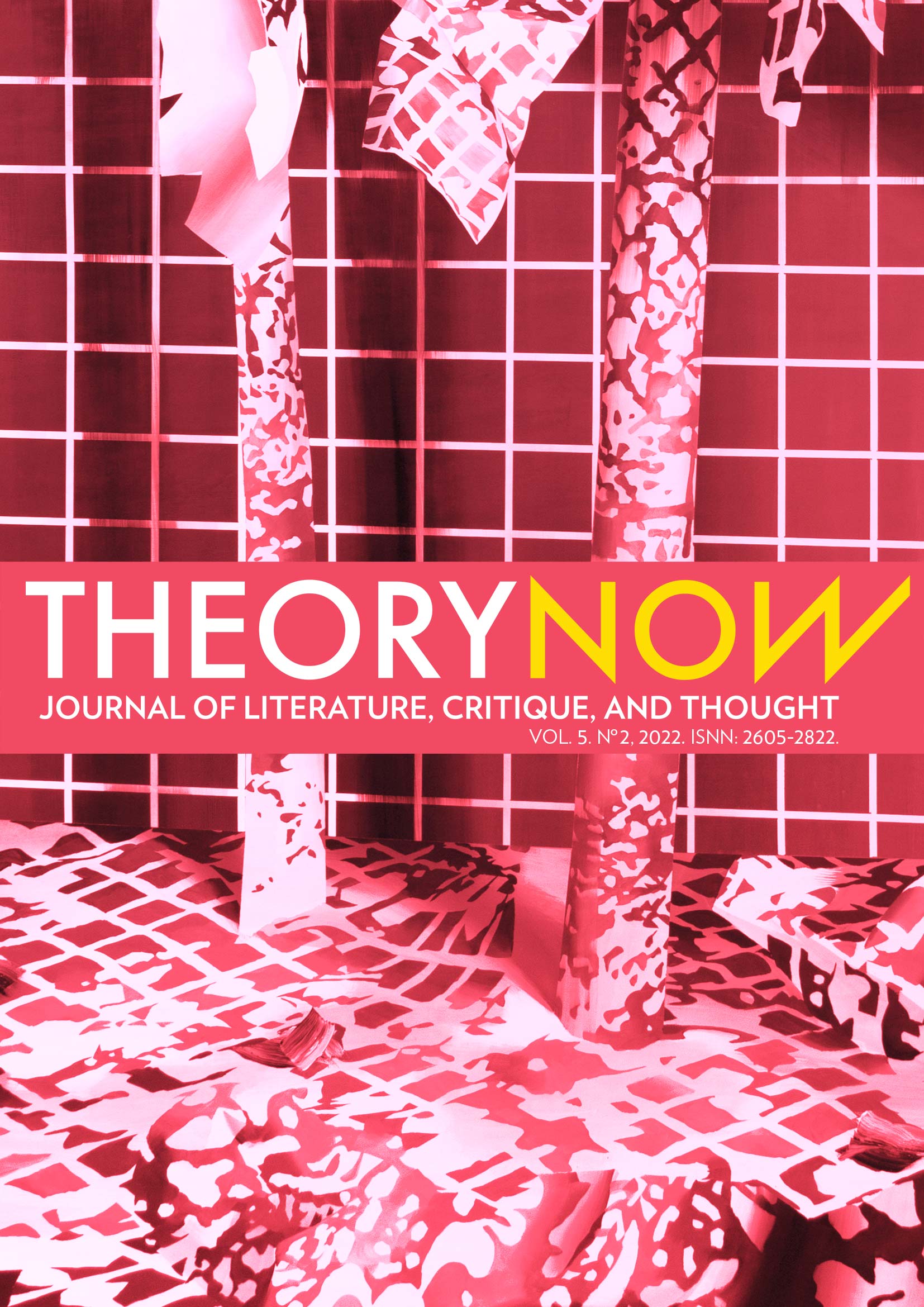A Homage to William Hazlitt
DOI:
https://doi.org/10.30827/tn.v5i2.24498Keywords:
Hazlitt, Romanticism, man of letters, imaginative empathyAbstract
Hazlitt was a man of letters who developed his career in the late eighteenth and early nineteenth century when the public sphere was still strong. Men of letters were a sort of moral guides in times of profound cultural change and political turbulence; they formed public opinion through speaking and writing to a large non-specialized audience about a wide range of issues of public interest including aesthetics, ethics, politics, religion, and science. The stage was divided between conservatives and radicals and, due to the political relevance of the debate and the intense rivalry between the contending parties, there was a violent exchange of ideas. One of the greatest stylists of the English language, Hazlitt was no detached observer but got involved in the defence of his position no matter the cost at a time when not only ideas but matters of style mattered politically. A radical all his life, he combined the ideas of the Enlightenment and Romanticism to defend equality, freedom, autonomy in art and life, and imaginative empathy.
Downloads
References
Cook, Jon. “A Chronology of William Hazlitt”. William Hazlitt: Selected Writings, Jon Cook (ed.), Oxford, Oxford University Press, 1991, pp. xliii-xlvii.
Hazlitt, William. “On Gusto”. 1816. William Hazlitt: Selected Writings, Jon Cook (ed.), Oxford, Oxford University Press, 1991, pp. 266-270.
____. Liber Amoris. 1823. Oxford, Woodstock Books, 1992.
____. “Mr. Wordsworth”. 1825. William Hazlitt: Selected Writings, Jon Cook (ed.), Oxford, Oxford University Press, 1991, pp. 347-358.
____. “Brumelliana”. 1828. William Hazlitt: Selected Writings. Jon Cook (ed.), Oxford, Oxford, Oxford University Press, 1991, pp. 158-62.
____. The Life of Napoleon Buonaparte. 1828-1830. 6 volumes. New York, Wiley and Putnam, 1847.
Wu, Duncan. William Hazlitt: The First Modern Man. Oxford, Oxford University Press, 2008.
Downloads
Published
How to Cite
Issue
Section
License
Theory Now. Journal of Literature, Critique, and Thought is an immediate open-access publication which is available at no cost for readers and authors alike. Authors are not charged any kind of fee for the editorial processing of their articles. Reading, downloading, copying, distributing, printing, searching, linking or reusing all published articles for non-commercial uses is allowed on the condition of citing the author, the journal and the editing body. All intellectual material published in this journal is protected under a Creative Commons Attribution-NonCommercial 3.0 Spain license.
Dissemination of the articles in social (Facebook, Twitter, Linkedin, etc.) and scientific networks (ResearchGate, Academia.edu, etc.), public repositories at universities and other institutions, blogs, personal or institutional websites, Google Scholar, ORCID, ResearchID, ScopusID, etc. is strongly encouraged. In all cases, the intellectual property of the articles and any possible monetary profits derived from them belong exclusively to the authors.













